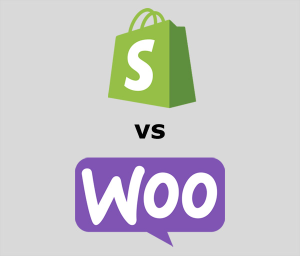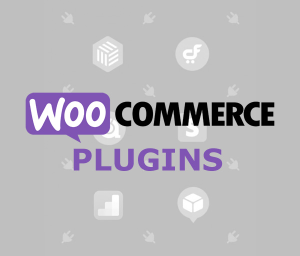WooCommerce Multi-Language Custom Development
WooCommerce Language Settings
-
WordPress Language Settings
- First, set the language of your WordPress site. Go to Settings > General in your WordPress admin dashboard and select the desired language.
-
Multilingual Plugins
- WooCommerce doesn't natively support multilingual functionality, so you'll need a plugin like WPML (WordPress Multilingual Plugin) or Polylang to translate your WooCommerce store.
- These plugins allow you to translate product pages, categories, checkout pages, and other elements of your store into multiple languages.
Steps to Set Up Language Conversion
-
Install and Activate a Multilingual Plugin
- Choose a multilingual plugin such as WPML or Polylang and install it through the WordPress plugin repository.
- Activate the plugin and follow the setup wizard or settings to configure languages and translation options.
-
Translate WooCommerce Elements
- Use the multilingual plugin’s interface to translate product details, descriptions, categories, and other WooCommerce elements.
- Translate checkout pages to ensure a consistent shopping experience in the customer’s preferred language.
-
Language Switcher
- Most multilingual plugins provide a language switcher widget or shortcode that you can add to your site’s header, footer, or sidebar.
- This allows users to switch between different language versions of your store easily.
Recommended Multilingual Plugins
-
WPML (WordPress Multilingual Plugin)
- Offers comprehensive multilingual capabilities with support for WooCommerce.
- Allows translation of products, categories, pages, and more.
- Provides SEO-friendly URLs for different languages.
-
Polylang
- Provides a free version with basic multilingual features.
- Allows translation of posts, pages, categories, tags, and custom taxonomies.
- Works well with WooCommerce but may require extensions for full eCommerce translation capabilities.
-
TranslatePress
- A user-friendly translation plugin that allows you to translate your entire site directly from the front-end.
- Integrates well with WooCommerce and supports translating product pages, checkout pages, and other eCommerce elements.
Considerations for Language Conversion
- SEO and URLs - Ensure that translated pages have SEO-friendly URLs and are indexed properly by search engines.
- Consistency - Maintain consistent branding and user experience across all translated versions of your store.
- Support - Some plugins may require additional extensions for full WooCommerce compatibility or specific features.
By using a multilingual plugin and following these steps, you can effectively translate your WooCommerce store into multiple languages.
Reach a wider audience and enhance the shopping experience for your international customers with WooCommerce and multi-language support.



